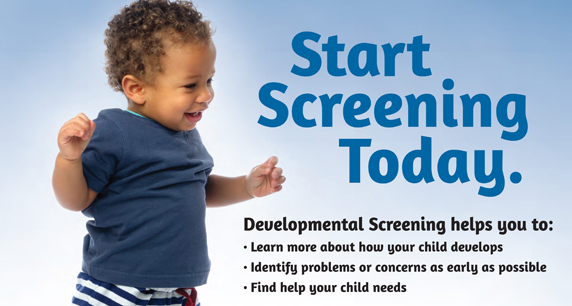Health Services
Immunization Requirements
The School Immunization Law in Minnesota requires all students enrolled in grades kindergarten through 12 to show they have received certain immunizations or an exemption. Schools are required to report immunization data to MDH each year.
MDH offers a helpful guide for parents to learn about required immunizations from birth to 12th Grade.
For your child to enter school it is mandatory that an immunization form (or a copy from the clinic) be completed, signed and on file prior to admission at the school your child will attend. The information you provide on this form will be available to the local public health agency and the Minnesota Department of Health to determine if your child has received the required immunizations.
These requirements may be waived only if a notarized medical or conscientious exemption form is filed with the school.
WDC students entering Kindergarten must submit proof of the following:
-DTaP
- Polio
- MMR
- Hep B
- Varicella (chickenbox)
Dosing information may be found on MDH's website under Required kindergarten immunizations.
WDC students entering the 7th Grade must submit proof of the following:
- Tdap
- Meningococcal vaccine
- HPV (optional)
- Hep A (optional)
- Meningococcal Booster Vaccine.
The school nurses will discuss any medical problem related to your child with you and may contact you regarding any prolonged absences. Any accident incurred on the school premises should be reported immediately.
If your child’s programming needs to be changed due to sickness or injury, please have your physician send details of your child’s limitations and their durations to the WDC Health Services.
Wadena-Deer Creek School health office policies are guided by evidence-based practices. The guiding resource used is the Infectious Diseases in Childcare Settings and Schools Manual written and regularly updated by the Hennepin County Human Services and Public Health Department Epidemiology Unit. The manual informs administrators, childcare providers, caregivers, parents and guardians, and school health staff about specific infectious disease problems they may encounter in the childcare setting or in schools. This manual is designed to provide specific disease prevention and control guidelines which are consistent with the national standards put forth by the American Public Health Association and the American Academy of Pediatrics. Access to this guide is available below.
Parents/guardians of any child with health problems, which might cause a health emergency, should be certain to notify the school of the problems and the procedures that would need to be followed should the child become ill at school. Fill out the Emergency Contact Form. It must include an alternative emergency contact in case the parent/guardian cannot be reached.
Physical Education is a regular part of our school curriculum. If a child has an injury or illness that requires that they be excused from activity in physical education, a physician’s order should be sent to the nurse and PE teacher. It is expected that any child who has restricted activity in physical education will have restricted activity at recess. We need to be certain that any student who is recovering from an injury or illness is safe at school.
According to school district policy, any child well enough to attend school should be well enough to participate in recess: Fresh air and activity are important to learning. Time outside helps clear the mind and encourages further learning. Occasionally a parent will request that a student remain inside because of a “cold” or “ear infection.” Studies show that it is helpful to be outside for short periods if an upper respiratory infection is present. The increased humidity outdoors often helps clear the congestion. As long as a child is dressed appropriately for the weather, it is not detrimental to their health to go outside for recess. All students should bring hats and mittens to wear if the weather is cool. If recess accommodations are needed, please consult with your physician and meet with our staff to develop an appropriate plan.


